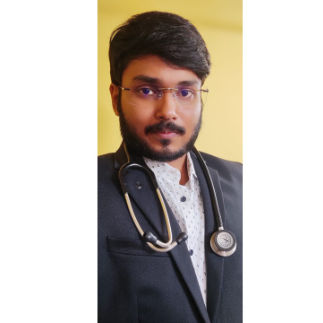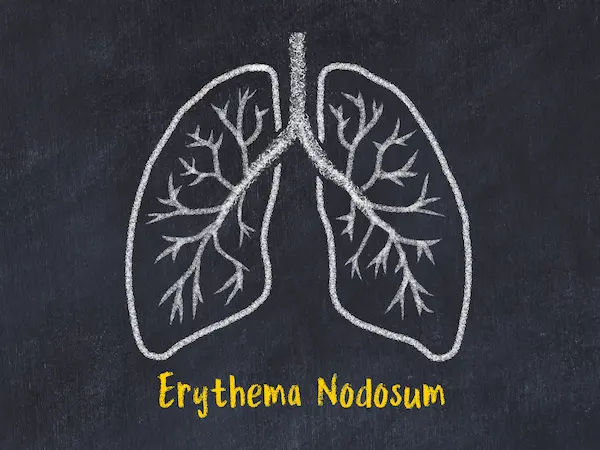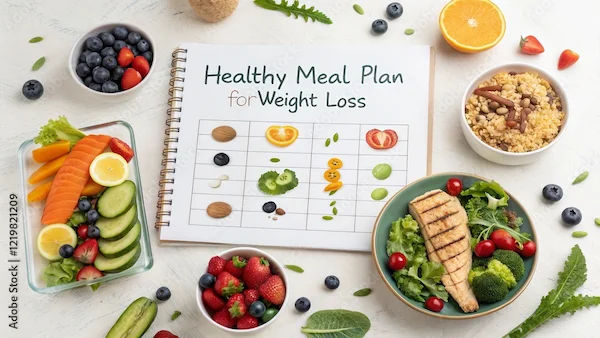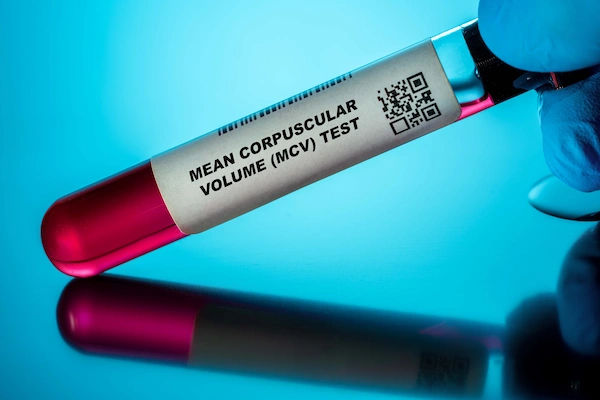Carcinogenic Foods to Avoid
Learn which carcinogenic foods to avoid, including processed meats, sugary drinks, and charred foods. Discover how dietary choices can impact cancer risk and support better long-term health.


Introduction
Cancer is one of the leading causes of death worldwide, and while genetics and environmental factors play a role, our diet can significantly influence cancer risk. Certain foods contain harmful substances that may increase the likelihood of developing cancer over time. By being aware of these carcinogenic foods and making healthier choices, you can take proactive steps toward reducing your risk.
What Are Carcinogenic Foods?
Carcinogenic foods are those that contain chemicals or compounds known to promote cancer growth. These substances can damage DNA, cause inflammation, or disrupt normal cell functions, leading to uncontrolled cell growth (tumors). While occasional consumption may not cause immediate harm, long-term exposure increases cancer risk.
Consult a Top Cancer Specialist for the best advice
Common Carcinogenic Foods to Avoid
Find out which common foods may increase cancer risk and learn how to make healthier food choices for better well-being.
1. Processed Meats
Processed meats like bacon, sausages, hot dogs, and deli meats contain preservatives such as nitrates and nitrites. When these meats are cooked at high temperatures (grilled, fried, or smoked), they form nitrosamines, which are linked to colorectal, stomach, and pancreatic cancer.
Healthier Alternatives:
Choose fresh, unprocessed meats like chicken, turkey, or fish.
Opt for plant-based protein sources like beans, lentils, and tofu.
2. Charred or Overcooked Foods
Grilling or frying meat at high temperatures can produce heterocyclic amines (HCAs) and polycyclic aromatic hydrocarbons (PAHs), which are carcinogenic. Burnt toast, crispy fried foods, and well-done meats may contain these harmful compounds.
Healthier Alternatives:
Marinate meats before grilling to reduce HCA formation.
Cook at lower temperatures and avoid charring.
Use baking, steaming, or boiling methods instead of frying.
3. Sugary Drinks and Refined Sugars
Sugary sodas, energy drinks, and excessive refined sugar intake can lead to obesity, insulin resistance, and inflammation, all of which increase cancer risk, particularly breast, colon, and pancreatic cancer.
Healthier Alternatives:
Drink water, herbal teas, or fresh fruit-infused water.
Choose natural sweeteners like honey or stevia in moderation.
4. Alcohol
Excessive alcohol consumption is linked to liver, breast, esophageal, and colorectal cancers. Alcohol breaks down into acetaldehyde, a toxic compound that damages DNA and prevents cells from repairing themselves.
Healthier Alternatives:
Limit alcohol to moderate levels (1 drink per day for women, 2 for men).
Opt for non-alcoholic beverages like sparkling water with lime.
5. Artificial Trans Fats
Found in fried foods, margarine, packaged snacks, and baked goods, trans fats increase inflammation and insulin resistance, contributing to breast and prostate cancer.
Healthier Alternatives:
Use olive oil, avocado oil, or ghee for cooking.
Snack on nuts, seeds, or fresh fruits instead of processed snacks.
6. Canned Foods (Especially with BPA Linings)
Many canned foods contain bisphenol A (BPA), a chemical that may disrupt hormones and increase cancer risk, particularly breast and prostate cancer.
Healthier Alternatives:
Choose fresh or frozen vegetables and fruits.
Look for BPA-free canned goods or glass containers.
7. Highly Processed and Packaged Foods
Fast food, instant noodles, chips, and microwave popcorn often contain artificial additives, preservatives, and high levels of salt and unhealthy fats, which may contribute to cancer risk.
Healthier Alternatives:
Prepare homemade meals with whole, fresh ingredients.
Snack on air-popped popcorn, roasted chickpeas, or vegetable sticks.
Lifestyle Tips to Reduce Cancer Risk
Discover simple lifestyle tips to lower your cancer risk.
1. Eat a Balanced Diet – Focus on fruits, vegetables, whole grains, and lean proteins.
2. Stay Active – Regular exercise helps maintain a healthy weight and reduces cancer risk.
3. Avoid Smoking – Smoking is a major cause of lung and other cancers.
4. Limit Alcohol – Reduce intake to lower cancer risk.
5. Stay Hydrated – Drink plenty of water to flush out toxins.
When to Consult a Doctor?
If you have concerns about your diet and cancer risk, or if you experience symptoms like unexplained weight loss, persistent fatigue, or digestive issues, consult a healthcare professional. Early detection and lifestyle changes can make a significant difference.
Conclusion
Being mindful of your diet is a powerful step toward reducing cancer risk. Limiting or avoiding carcinogenic foods can support long-term health. Small changes in your daily eating habits can make a big difference in protecting your health and well-being.
Consult a Top Cancer Specialist for the best advice
Consult a Top Cancer Specialist for the best advice

Dr Gowshikk Rajkumar
Oncologist
10 Years • MBBS, DMRT, DNB in Radiation oncology
Bengaluru
Apollo Clinic, JP nagar, Bengaluru

Dr. Sanchayan Mandal
Oncologist
17 Years • MBBS, DNB Raditherapy, DrNB Medical Oncology
East Midnapore
VIVEKANANDA SEBA SADAN, East Midnapore

Dr.sanchayan Mandal
Oncologist
17 Years • MBBS, DrNB( MEDICAL ONCOLOGY), DNB (RADIOTHERAPY),ECMO. PDCR. ASCO
Kolkata
Dr. Sanchayan Mandal Oncology Clinic, Kolkata

Dr. Gopal Kumar
Head, Neck and Thyroid Cancer Surgeon
15 Years • MBBS, MS , FARHNS ( Seoul, South Korea ), FGOLF ( MSKCC, New York )
Delhi
Apollo Hospitals Indraprastha, Delhi
(25+ Patients)

Dr. Rupam Manna
Radiation Specialist Oncologist
4 Years • MBBS MD(RADIO THERAPY)
Barasat
Diab-Eat-Ease, Barasat

.webp)

.webp)
